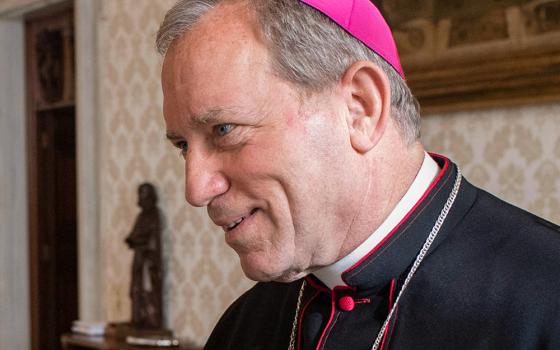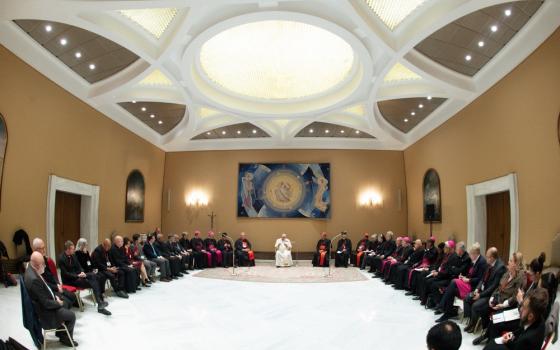
“Go into the world and proclaim the Gospel to every creature” (Mark 16:15).
Conversion of St. Paul the Apostle
Acts 22:3-16; Mark 16:15-18
St. Paul is so important to Christianity he has sometimes been called its founder. If Jesus is the actual foundation, Paul was the one who brokered the Jesus Movement from a Jewish sect to a global religion by articulating its theological core and projecting the young church into the Greco-Roman world. His seven authentic letters are accounted the first extant texts of the New Testament, composed beginning in the early 50s, a decade before the first Gospel by Mark, well before Matthew and Luke and the last Gospel attributed to John. Even more significant, Paul’s articulation of the meaning of Jesus and the Paschal Mystery underwrote and shaped the theologies of the four evangelists.
So, it is not surprising the Acts of the Apostles, Part II of Luke’s Gospel and the history of the early church, gives three versions of Paul’s conversion. Paul was the bridge between Jerusalem and Rome, between an exclusive Temple and Rabbinic Judaism and a universal Christian faith open to the Gentile world. The central drama of Paul’s ministry was convincing the Mother Church in Jerusalem that salvation through Jesus did not require Gentile converts to become practicing Jews in order to be Christians.
The tradition that both Paul and Peter were martyred in Rome brought together the two main branches of the early church rooted in Judaism and, by the 4th Century, focused the central authority of the church in the popes of Rome. Paul’s own account of his conversion (Galatians 1-2) skips the details found in Acts to focus on the revelation of Jesus he received and his subsequent reflections and encounters with the leaders of the church in Jerusalem to seek authorization for his ministry to take the Gospel into the Mediterranean world.
Paul’s letters are both richly theological and directly pastoral, often addressing crises and quarrels in his nascent faith communities, whose lively, charismatic and inclusive structures were later institutionalized as more hierarchical and clericalized. Paul’s eucharistic theology and ecclesiology based on the Body of Christ were central to the reforms of Vatican II, revitalizing the contemporary church as the living and active presence of the risen Christ in history and in the world through the community of all its baptized members.
On this commemoration, we celebrate the passion and intimacy of Paul’s relationship with Jesus, a mystery open to each of us by virtue of our baptism. His conversion, like our own, was lifelong, a learning curve that exploded in him on the road to Damascus, was harnessed to years of arduous, joyful, struggle and suffering to birth the Gospel from the dangerous memory of the death and resurrection of Jesus in Jerusalem into a universal proclamation whose expansion he only glimpsed before his death in Rome.
We thank Paul and the Holy Spirit for our understanding of radical faith and the call to live it as the meaning of our own lives today.
Advertisement








